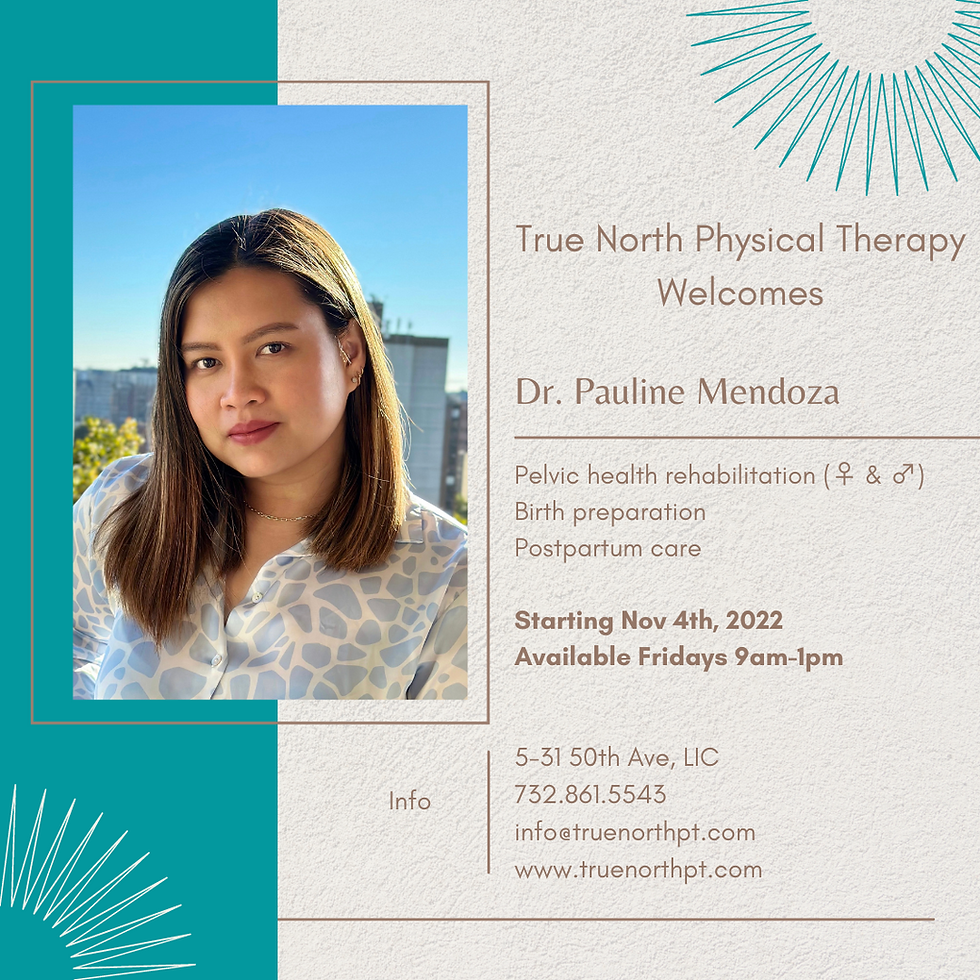Sleep and Healthy Weight
- Sheherezad Dubash

- Mar 22, 2023
- 3 min read

Most of us know that getting a “good night’s sleep” is important for our overall physical and mental wellbeing and while we might strive to get the requisite seven or eight hours, we can also be pretty unconcerned if we find ourselves getting far less sleep than we would like. I even know many people that can fool themselves by saying “I get along just fine on five or six hours of sleep per night. I don’t need much more,” but what if I told you that there is ample research that shows a correlation between getting the required sleep and maintaining a healthy weight. I bet that information might be the impetus to aim for those eight hours!
There are hormonal changes that happen when you don’t sleep, specifically the hormone leptin that controls when you feel full, as well as the hormone ghrelin that increases appetite. "Sleep loss therefore seems to alter the ability of leptin and ghrelin to accurately signal caloric need and could lead to excessive caloric intake when food is freely available. Studies found a decrease in the satiety hormone leptin and an increase in appetite-stimulating ghrelin with short sleep...findings also suggest that compliance with a weight-loss diet involving caloric restriction may be adversely affected by sleep restriction.”[1]
Additionally when you are sleep deprived you are much less resistant to unhealthy foods (there’s a reason you may grab for “junk food” when you’re tired) and if that isn’t enough, not getting enough sleep can also lower your metabolic rate.
So now that I’ve convinced you (!), here are three action steps that you can (should!) take in order to get the requisite amount of sleep:
Limit your caffeine intake after 1-2PM:
Caffeine is a stimulant for most people and should be avoided after the early afternoon. Skip the decaffeinated coffee and instead drink herbal tea or warm water with lemon. You’ll feel better and you will find that over time you will get a better night’s sleep.
Take time to relax and release the tension of the day
Most of us “pack it in” during the day and evening hours running from one activity to another trying hard to juggle work, family and personal pursuits. It’s a lot to handle and can lead to a feeling of being overwhelmed and stressed both of which do not translate into a good night’s sleep. Try to schedule 15 minutes at the end of the day where you can relax and unwind. Take a warm bath or shower, meditate or read a book and be certain to stay away from anything that can bump up your aggravation (aka the 11PM news!).
Establish a cutoff time for technology
Technology is great and serves to make us very productive however it can be the cause of many a sleepless night. Checking your email right before you go to bed is a recipe for disaster and it is best to get on a schedule that calls for a technology shutdown at a specific time each night. Be honest with yourself - there’s very little that has to get done at 2AM so shut down and restart in the morning after you are alert and wide awake after getting a good night’s sleep.
Here are some general articles that you might find interesting:
[1] Cauter, E. et. al (2005) Impact of Sleep Deprivation on Hormones and Metabolism. Retrieved from https://www.medscape.org/viewarticle/502825.





Comments